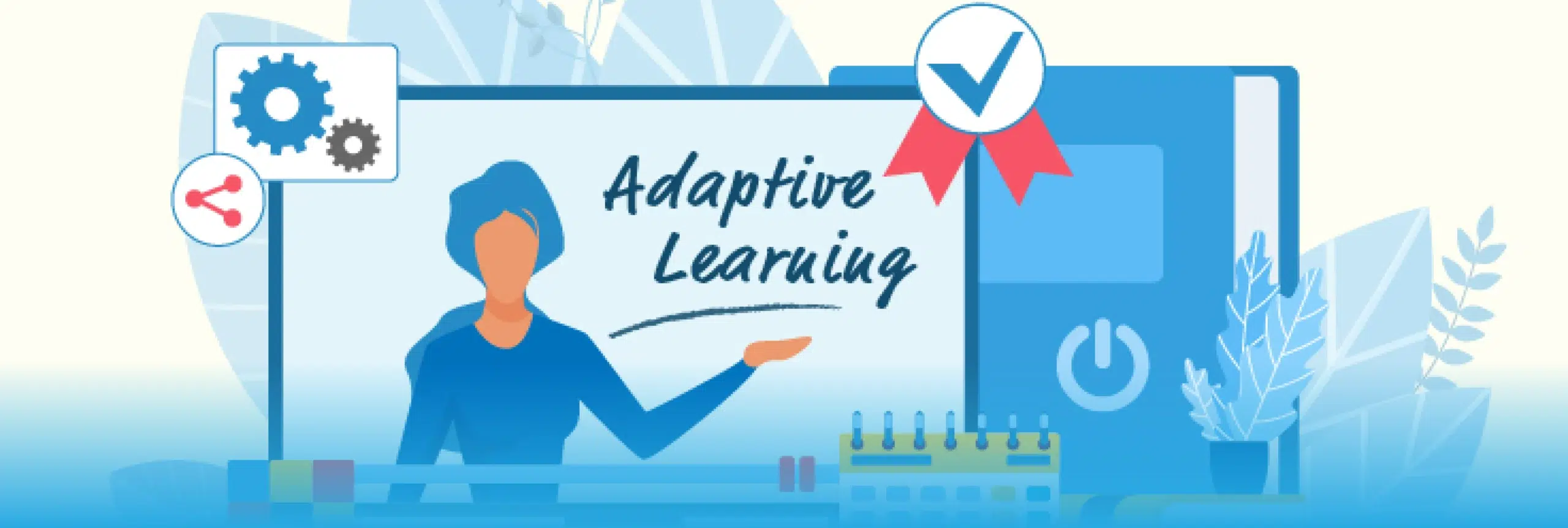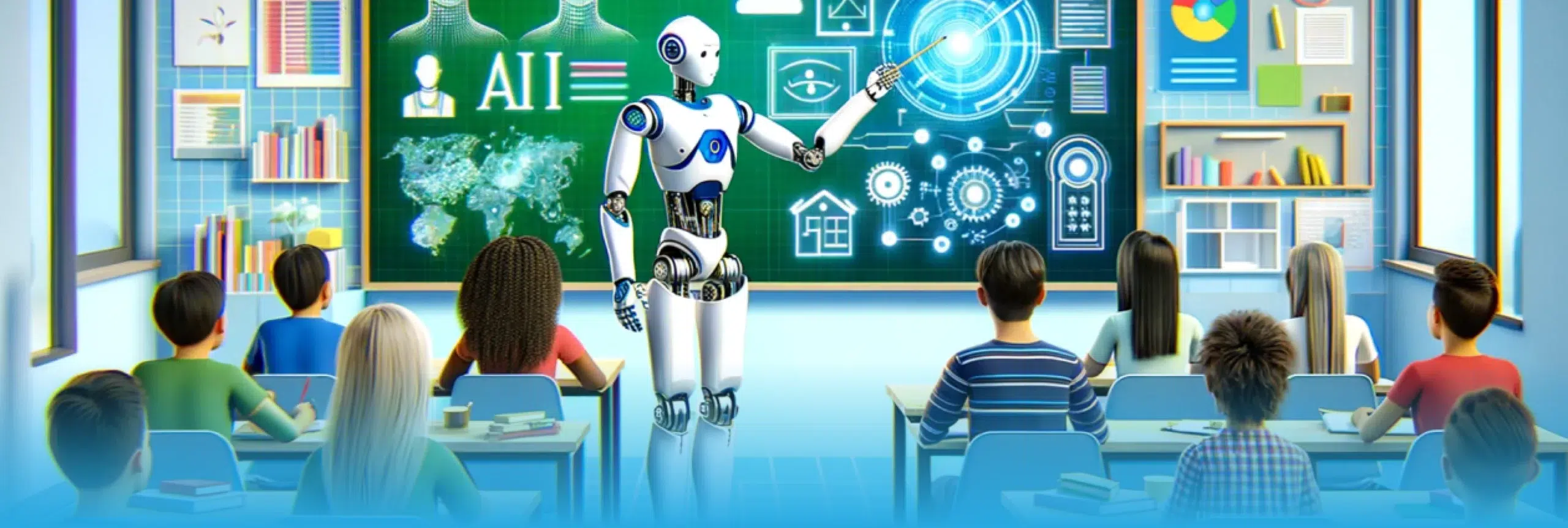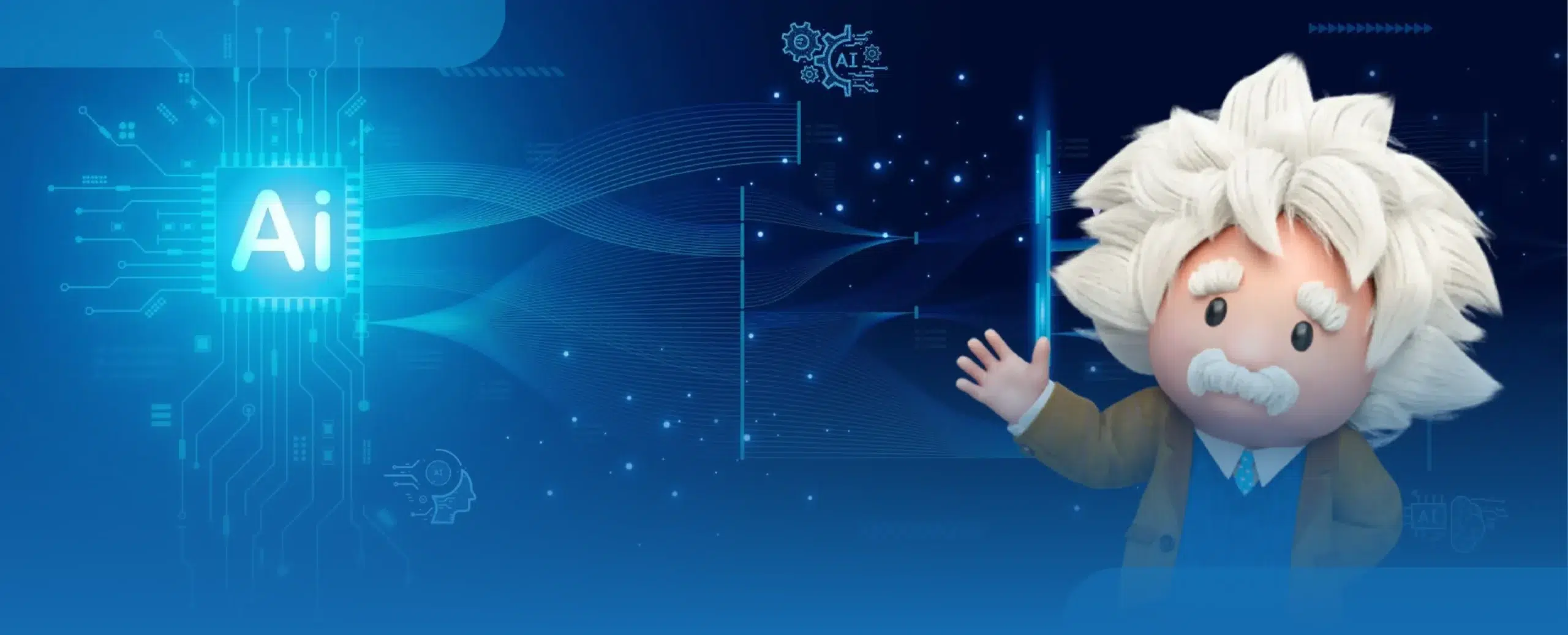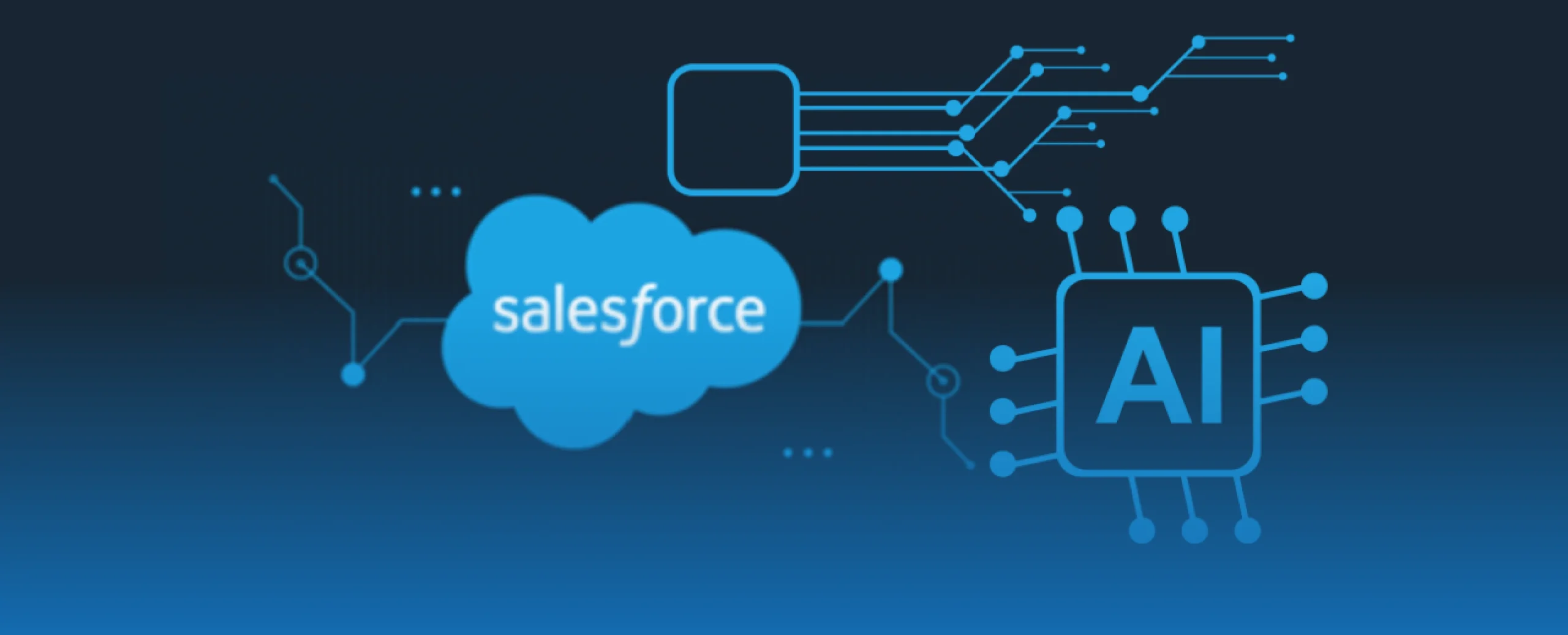
AI in Education – benefits, use cases and trends
Introduction
Artificial Intelligence (AI) is changing many industries, and education is no exception. AI has the potential to improve how students learn, how teachers teach, and how educational institutions operate. In this article, we will explore the benefits, use cases, and trends of AI in education.
Statistics
The majority (58%) of college instructors who responded to Wiley’s recent survey say they or their students are already using generative AI in their classrooms.
Key Benefits of AI in Education
AI brings many advantages to education:
 Personalized Learning
Personalized Learning
One of the best things AI brings to education is the ability to personalize learning for each student. Every student is different and learns in their own way. Some may need more time on certain topics, while others might need extra challenges. AI can look at how well a student is doing, find areas where they are struggling, and create a learning path just for them. This means each student can learn at their own pace and get the help they need to succeed. For example, AI-powered programs can provide extra practice on topics a student finds difficult or move ahead when they understand something quickly.
 Automating Administrative Tasks
Automating Administrative Tasks
Teachers and school staff often have to spend a lot of time on tasks that are not related to teaching, like grading papers, managing class schedules, and tracking attendance. AI can take care of these repetitive tasks. For example, AI can automatically grade multiple-choice tests, mark homework, or organize class schedules. This saves teachers a lot of time and lets them focus more on teaching. AI can also send reminders to students about homework, tests, and important school events, helping keep everyone on track without extra work for teachers.
 Supporting Teachers
Supporting Teachers
AI is a great tool for supporting teachers in their work. For example, AI tools can provide teachers with real-time feedback on how students are doing. If many students are struggling with a particular lesson or concept, AI can suggest ways for teachers to adjust their lessons to help students understand better. AI can also spot students who may need extra help. By looking at the data, AI can highlight students who are falling behind or not engaging with the material. This allows teachers to step in early and offer additional support before the student gets too far behind. AI helps teachers make informed decisions about how to improve their teaching methods and give more attention where it’s needed.
Use Cases of AI in Education
AI Trends in Education
Conclusion
AI in education offers many exciting possibilities for enhancing both teaching and learning. By personalizing learning experiences, automating tasks, and providing valuable insights, AI can help create more effective educational environments. As AI technology continues to evolve, its role in education will only grow, bringing new tools and opportunities to classrooms around the world.
Related Post
-
F
-
A
-
Q
AI in education refers to the use of technology and computer programs that help students learn better and make teachers’ jobs easier. AI can personalize lessons for each student, automate administrative tasks, and give teachers useful insights about student progress.
AI can adjust lessons based on how well a student is doing. For example, if a student struggles with a topic, AI will provide extra practice. If they are doing well, AI can offer more advanced material. This helps students learn at their own pace.
AI helps teachers by automating tasks like grading, scheduling, and tracking attendance. It can also provide real-time feedback about students' performance and suggest ways to improve lessons. This saves teachers time and helps them focus on teaching.
Adaptive learning uses AI to change lessons based on how a student is performing. If a student is struggling, the system offers more practice. If they excel, it gives them more challenging material. This ensures that every student gets the right level of difficulty.
AI can analyze data from students' performance, attendance, and engagement to help schools make better decisions. It can predict how students will perform in the future and identify areas where improvements are needed, helping schools improve their programs and teaching methods.
No, AI is not meant to replace teachers. It’s a tool to help teachers be more effective. AI can take care of repetitive tasks and provide personalized learning, but teachers are still needed to guide, support, and inspire students.
Want to Scale
Your Business? Let’s Meet & Discuss!

CANADA
30 Eglinton Ave W Mississauga, Ontario L5R 3E7

INDIA
3rd floor Purusharth Plaza, Amin Marg, Rajkot, Gujarat. 360002
Get a Quote Now
Let's delve into a thorough understanding of your challenges and explore potential solutions together
 Personalized Learning
Personalized Learning




